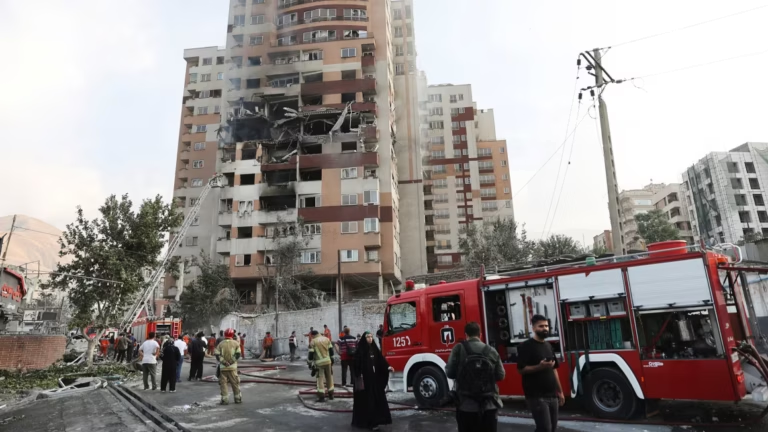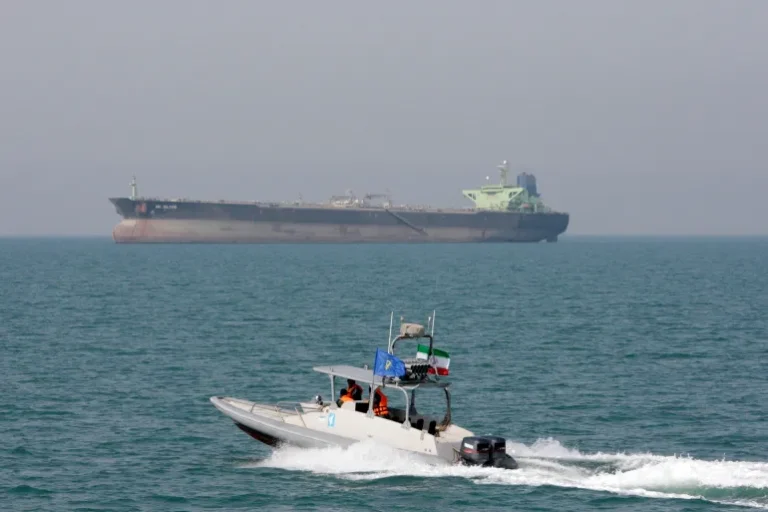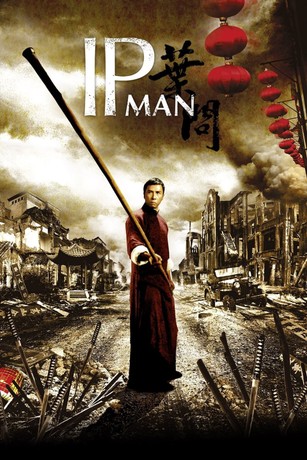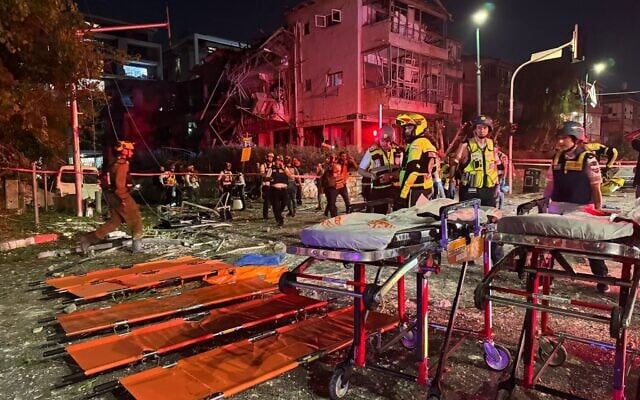
Iran-Israel Conflict Escalates with Missile Strikes Amid Global Reactions from USA, India, Canada, and Dubai
In a dramatic escalation, Iran launched a series of four ballistic missile barrages against Israel late Friday night and early Saturday morning, triggering widespread panic as civilians across Israel rushed to bomb shelters. The sky lit up with missile trails and interception blasts as Israeli defense systems attempted to neutralize the threat.
According to reports, nearly 200 missiles were fired in multiple waves, causing damage and casualties in central Israel, especially in Tel Aviv, Ramat Gan, and Rishon Lezion. At least 80 individuals were injured, with three people, including Etti Cohen Engel and Yisrael Aloni, succumbing to their injuries. A three-month-old baby was rescued from the rubble in Rishon Lezion, highlighting the human toll of the conflict.
Global Implications: UAE, USA, India, and Canada on Alert
The ripple effects of the Iran-Israel confrontation were felt across the globe. In Dubai and the broader UAE, authorities reassured residents about regional security as tensions in the Middle East threatened to destabilize travel and business. With Dubai acting as a key international hub connecting Asia, North America, and the Middle East, heightened alertness was observed at airports and embassies.
In the United States, an official confirmed that Washington had assisted Israel in intercepting incoming Iranian missiles. Though the Biden administration emphasized that it had no role in Israel’s offensive operations against Iran, Iranian state media accused the USA of complicity, claiming such attacks couldn’t have occurred without American coordination.
India, with its growing strategic partnerships in the Middle East, also expressed concern. The Indian Ministry of External Affairs urged de-escalation, noting that any disruption in the region could affect its large diaspora in the Gulf, including Dubai, and interrupt vital energy supplies.
Meanwhile, Canada, home to a significant Jewish and Iranian population, condemned the escalation and called for restraint. Canadian officials emphasized the importance of protecting civilians and expressed support for diplomatic resolutions through international forums.
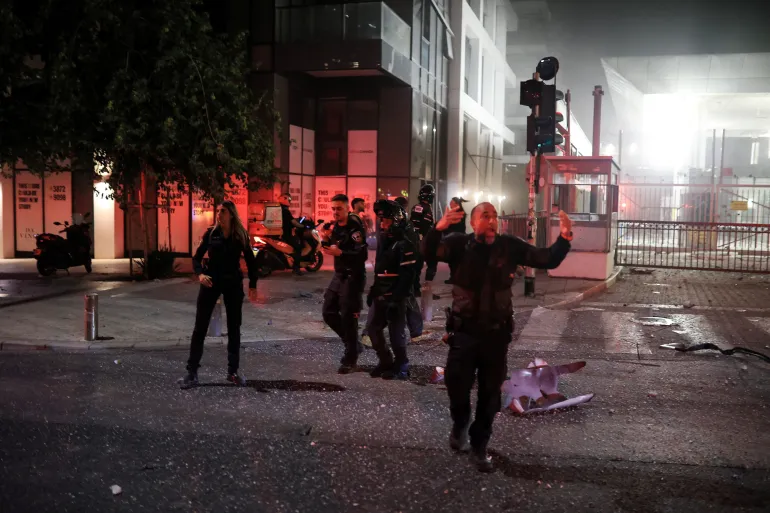

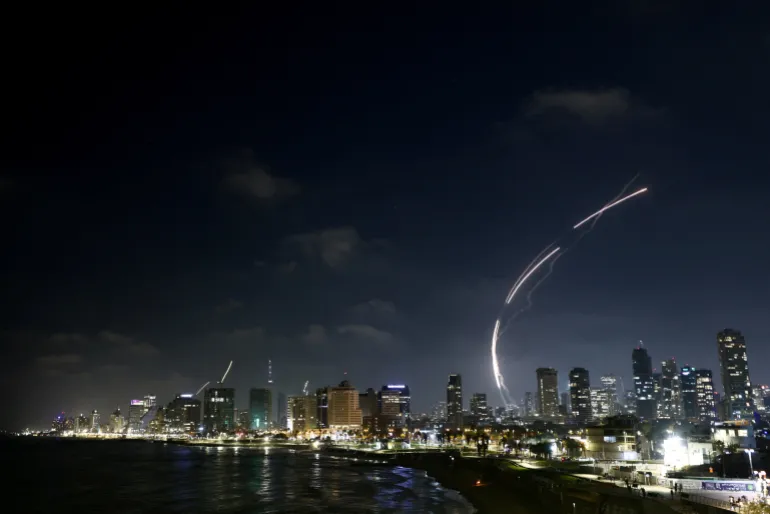
Tehran’s Retaliation and Israeli Defense Strategy
Iran’s missile strikes were in retaliation for Israel’s covert attacks earlier in the week, which targeted Iran’s underground Natanz nuclear facility and resulted in the deaths of high-ranking Iranian military officials, including nuclear scientists and senior commanders. Iran’s Supreme Leader Ayatollah Khamenei accused Israel of launching a “crime against the Islamic Republic” and warned of a “bitter and painful” retaliation.
The Israeli Defense Forces (IDF) confirmed that the majority of missiles were either intercepted or fell short. However, several direct hits occurred, causing structural damage and fires. One of the missiles destroyed a building in Ramat Gan, killing a woman and injuring multiple residents.
Israeli Defense Minister Yoav Gallant declared that Israel would continue to protect its people and ensure that Iran paid a “heavy price” for targeting civilian areas. He emphasized that Israel retains the option of escalating the conflict, potentially striking at Iran’s energy infrastructure and strategic assets.
Drones, Diplomacy, and Regional Tensions
In the initial stages of the conflict, Iran deployed over 100 drones toward Israel. These were intercepted before they could cause damage, thanks to a coordinated effort by Israel and its regional allies, likely including U.S. bases in the Gulf. The Dubai airspace remained on high alert, although no direct threats were reported in the UAE.
Despite Iran’s threats, Israel maintained control, and the IDF’s Home Front Command gradually lifted shelter instructions. Tel Aviv’s skyline was marked by missile trails, and IDF officials urged the public not to post videos of interception sites to avoid helping Iranian intelligence.
The situation remains tense as military sources in Israel hinted at further operations. A senior Israeli source warned that Tehran’s actions would not go unanswered, and that Israel knows what it “chose not to hit”—a statement viewed as a signal toward future retaliatory strikes.
Looking Ahead: What It Means for Global Peace and Diplomacy
As the world watches this volatile conflict unfold, the involvement—direct or indirect—of global powers like the USA, India, and Canada adds a complex geopolitical layer. With Dubai’s strategic role as a regional economic and diplomatic hub, the UAE may be positioned to support backchannel peace talks if tensions continue to rise.
The Iran-Israel confrontation has once again highlighted the fragility of peace in the Middle East and its impact on global stability. For residents and diaspora communities in Canada, India, the UAE, and the USA, the safety of loved ones and the fear of escalation into broader war remain pressing concerns.

